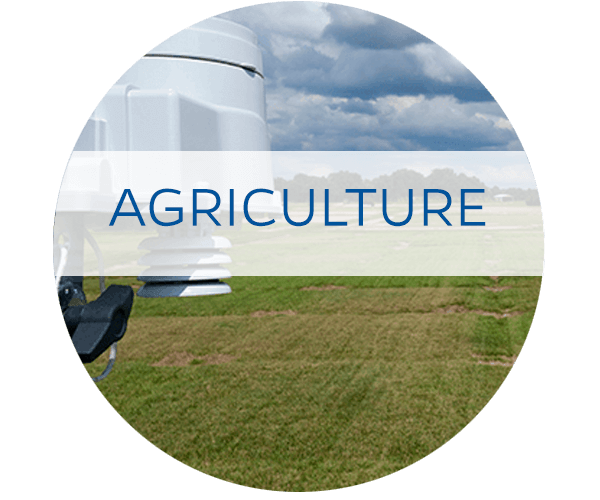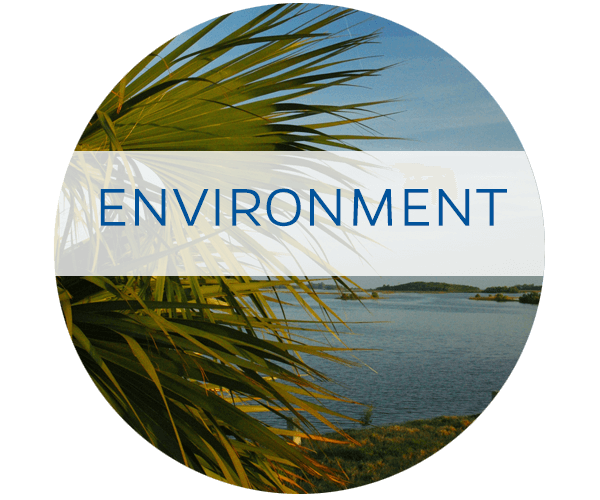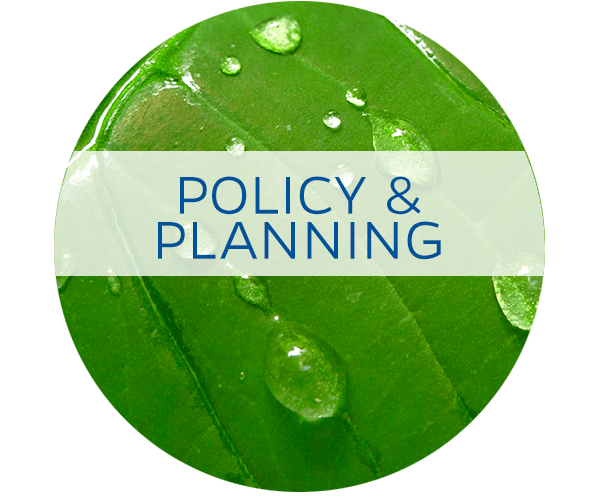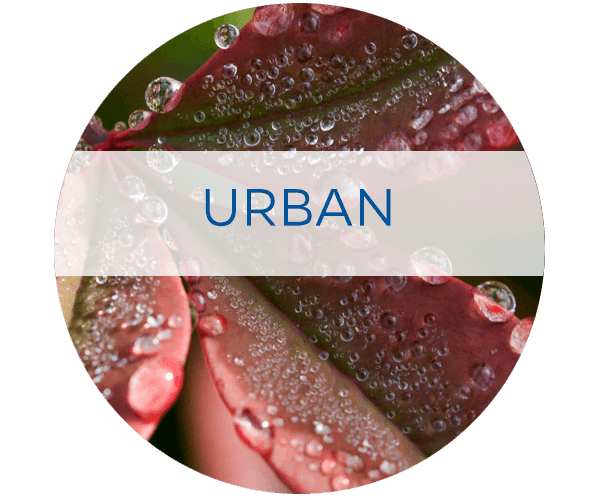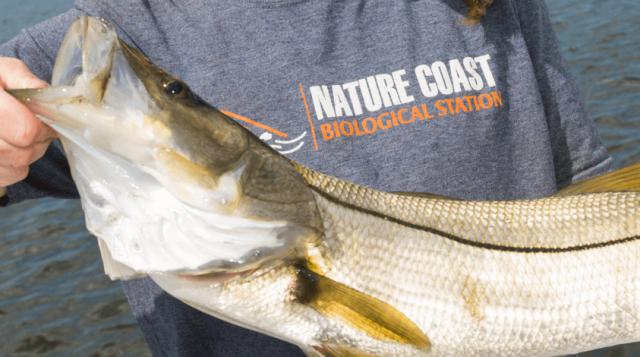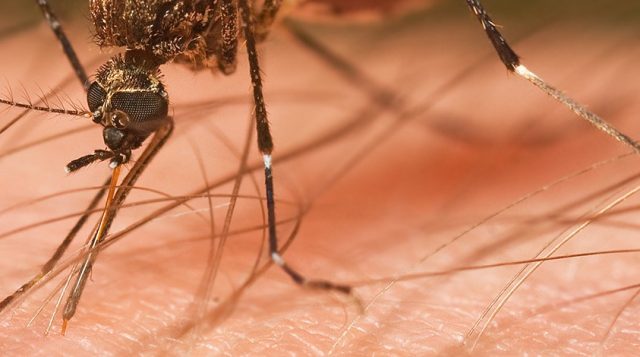Our Partners
Your Local UF/IFAS Extension County Office
Our Extension agents are here to help. UF/IFAS has Extension offices in each of Florida’s 67 counties as well as 12 Research and Education Centers (RECs), Research and Demonstration Sites (RDSs), and several other offices are located throughout the state. More...
The UF/IFAS Center for Public Issues Education
The PIE Center takes an interdisciplinary approach to examine how people think about, form and act on opinions regarding complex agricultural and natural resources issues, enabling the public and policymakers to make informed decisions to preserve Florida's agricultural and natural resources assets. More...
UF Water Institute
The UF Water Institute brings together teams of leading researchers, educators, and students to address complex water issues through innovative interdisciplinary research, education, and public outreach to develop fundamental science, technologies, and policy alternatives for emerging ecological, agricultural and water supply issues. More...
UF/IFAS Center for Landscape Conservation and Ecology (CLCE)
The CLCE promotes the protection and preservation of Florida's natural resources and quality of life through responsible management of horticultural landscaping and turfgrass. The interdisciplinary center has faculty throughout the state advancing research, Extension, and education efforts in multiple fields. More...
Florida Climate Institute
The Florida Climate Institute is a multi-disciplinary network of universities in Florida working together and with external partners in the public and private sectors to achieve a better understanding of climate variability and change, impacts, and societal response. More...


